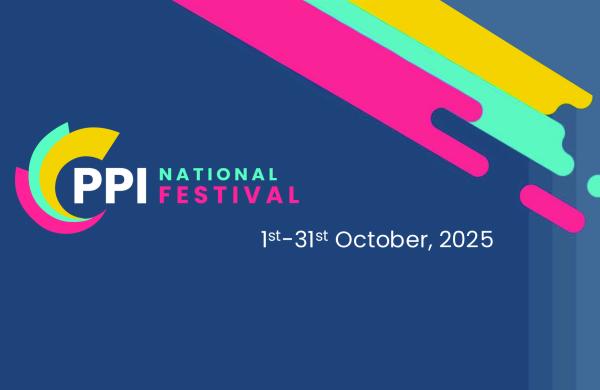What is Personalised Dietary Advice?
Personalised dietary advice (or personalised nutrition) is a growing research field that explores the utilisation of personal data to tailor dietary advice in a standardised manner, aiming to improve specific health outcomes for particular groups of people. Cardiovascular disease is the leading cause of death worldwide and diet quality plays an important role in its development and progression. In the Personalising Advice to improve Diet Quality (PAD-Q) trial, the delivery of dietary advice was tailored to improve diet quality and optimise cardiovascular health. The PAD-Q trial utilised markers found in blood and urine, related to food intake and data from dietary questionnaires, to personalise dietary advice for participants.
Who are the PAD-Q research team?
Public health nutrition researchers from the Centre for Public Health at Queen’s University Belfast and the School of Agriculture and Food Science at University College Dublin, as part of a larger project in collaboration with Harvard University, conducted the PAD-Q trial. This larger project was funded by US-Ireland Tripartite Programme sponsored by the US NIH/NIDDK (DK120870), the Health Research Board (USIRL-2019-1) and the HSC R&D Division, Public Health Agency and the Medical Research Council [STL/5461/2018].
PPI activity: Reviewing the intervention and future steps
A PPI activity was conducted to (i) collect public opinions on how to disseminate the results of the PAD-Q trial and importantly, (ii) hear the opinions of those who have lived experience of being at risk of cardiovascular disease on how to improve future personalised dietary studies, based on the PAD-Q trial design. A group of PPI collaborators was created specifically for this activity. Former potential participants of the trial that did not meet criteria to undertake the intervention but had agreed to be contacted again for future research participation opportunities were invited to participate. The activity involved a semi-structured one-off video conference meeting with two small groups of contributors to discuss the PAD-Q dietary intervention, the dietary report delivered during the intervention, and approaches and opportunities for the dissemination of the study results.
PPI activity highlights
Both the PAD-Q study design and the PAD-Q personalised dietary report received positive feedback overall from the PPI collaborators.
PPI collaborators valued the personalised nature of the intervention, which fostered ownership and commitment to tailored health strategies. They also
praised the report design, language, and overall messaging. PPI collaborators identified potential barriers to implementation of dietary changes and provided helpful suggestions to better support people to implement dietary changes during personalised dietary interventions. For example, receiving advice on how to cook within a budget and in a more economical way was identified as a supportive approach for the implementation of the dietary changes, especially considering the current economic climate. The video conference activity allowed the research team to reflect constructively on the trial design and plan appropriate results dissemination. It also provided an opportunity for the collaborators to ask questions and gain a better understanding of the trial development process, and the complexity involved in defining and developing strategies to support dietary change in the context of research and public health.
The value and importance of PPI collaborators: activity findings
The opinions of the PPI collaborators provided relevant points for consideration, when developing personalised dietary interventions, such as:
(i) the assessment of motivation for change for participant engagement and adherence,
(ii) employing approaches consistent with behaviour change techniques to support dietary changes,
(iii) identifying barriers impeding the ability to make and sustain dietary changes, including social contexts and financial constraints,
(iv) when dietary interventions use digital/online methods to deliver dietary advice and information, it is important to consider data security and the ability of the population of interest to access such information, and
(v) clarifying communications regarding the aims of the studies to ensure they align with participants' expectations.
These considerations underscore the complexity of delivering relevant and effective dietary change interventions and balance participants’ individual needs and resource constraints, and support the utilisation and reporting of PPI in trial designs.
Once again, we are very thankful to the QUB PPI Network for supporting this PPI activity which has brought significant benefit to our ongoing work.
For further information on this ongoing work please contact:
Marina Ferrari - mferrari02@qub.ac.uk
Dr Sarah Brennan – sarah.brennan@qub.ac.uk
Professor Jayne Woodside - j.woodside@qub.ac.uk
Related Articles


